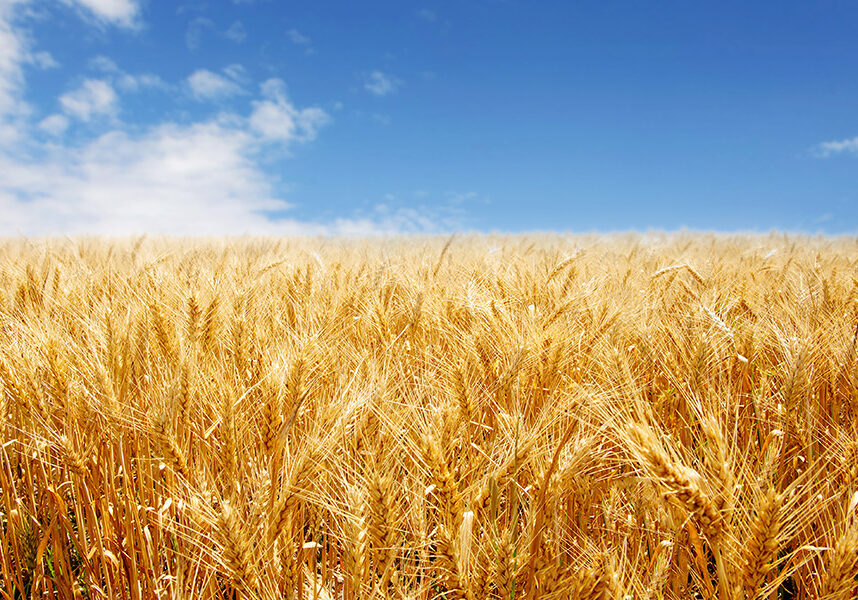
It isn’t uncommon for farm bills to move past their legislative expiration as was the case this past September when the fiscal expiration of the current 2018 Farm Bill occurred. It also isn’t the first time Congress has moved to enact a short term, one-year extension to keep the current law from reverting to mid-1900s level provisions. The Congressional Research Service has indicated, “Recent farm bills have faced legislative hurdles for enactment, such as insufficient votes to pass the House floor, presidential vetoes, and delays resulting in short-term extensions. The 2002 Farm Bill expired at the end of 2007, and parts were extended in the spring of 2008. The 2008 Farm Bill expired at the end of 2012 and was extended for one year in 2013…”1
Even with a similar extension now occurring and initial relief to operate as we have for the past five years, many warn that now is the time to keep the momentum and the debate alive to ensure the needed updates to provisions and programs will be agreed upon and completed by the fall of 2024.
A current and renewed farm bill is critical legislation to direct and fund a wide range of agriculture and food-related programs. For a closer look into how changes or delays in funding can impact farmland owners, let’s consider just a few of the most relevant components.
Commodity and Conservation Programs
Farm bills typically include provisions related to commodity programs that provide support to farmers based on factors such as price fluctuations and income variability. The most critical of these are risk mitigation and crop input baseline support. For example, over the past few years, crop input costs have risen well above the baseline support levels included in the 2018 Farm Bill. Without renewal of the farm bill this year, it means producers and landowners with crop share leases will continue to operate with undermarket value support.
Landowners who opt for a direct cash rent model for farmland and who allow their tenant to receive the undermarket commodity support benefits will begin to feel the downward impact of an inability for the operator to raise cash rental rates.
Conservation programs aimed at promoting environmentally sustainable farming practices will continue to operate during the extension period. Landowners will continue to be eligible for incentives or payments for implementing conservation practices on their land, such as cover cropping, wetland preservation, or wildlife habitat enhancement (depending on the type of farmland and variability of topography and crop production). These programs have continued to be a source of both sustainable soil practices and incentivized income for farmland owners to increase the care and longevity of the land.
Crop Insurance
In recent years, farmland owners with crop share leases have increased their utility of crop insurance coverage. The revenue protection insurance product is specifically aimed to protect from yield and income losses associated with inclement weather or other crop market factors.
Changes to crop insurance programs are often part of renewing farm bills, which impact landowners by influencing the availability, cost, and terms of insurance coverage for their crops.
Even though the crop insurance program falls under the “permanent funding” category of the extended farm bill, it is imperative we understand that all potentially beneficial or progressive updates to the program could be stalled without the passing of a new farm bill. Our encouragement should be to Congress to renew this legislation that has, over time, become the safety net for owners, producers, and consumers alike.
Research, Extension, and Rural Development
Functioning and extended farm bills include considerations for rural development programs, impacting landowners in rural areas by providing resources for infrastructure, community facilities, and economic development.
The allocation of funds for agricultural research and Extension services benefits landowners through the development of new technologies and practices. Education in agriculture has historically provided our country and its brightest minds with the tools necessary to nutritiously and efficiently feed more people on less acres. Without these important yield advances, the overall productivity and global reach of our country would be greatly diminished.
Lastly, certain farm bills have included measures to support beginning farmers and ranchers, impacting the transition of land, access to capital, and generational tenure. As farmland values continue to trend upward, these farm bills are vital to the ability of younger producers to create a land base of their own.
There is a positive impact that comes to farmland owners from a renewed farm bill that supports the continuation of profitable agriculture production. The thoughtful owner in the coming months will be paying close attention to how our elected officials work to pass this most important legislation.
Tim Cobb is a farm kid from Eastern Washington and is the owner of Farmland Company, based in Spokane, Wash. Farmland Company specializes in direct farmland management, real estate brokerage, and consulting across the Pacific Northwest. For more information, visit the company’s website at farmlandcompany.com.












